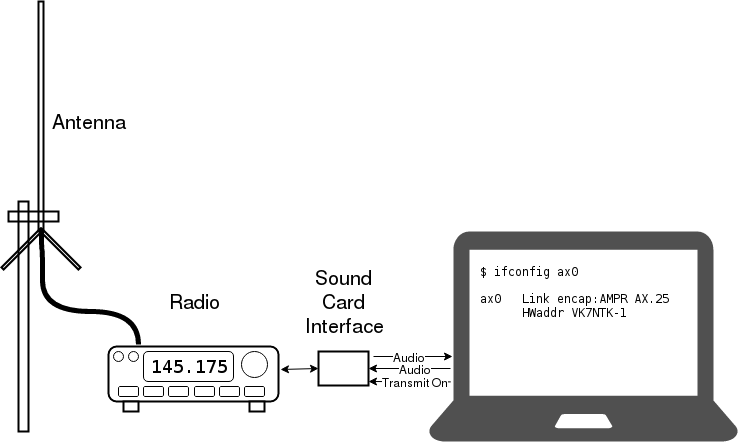Introduction:
In the vast landscape of technological advancements, there are countless unsung heroes whose contributions have had a profound impact on the modern world. Among them, amateur radio operators stand tall as pioneers of innovation in the field of communication. From the early days of Morse code to the era of digital signal processing, the innovations driven by amateur radio enthusiasts have left an indelible mark on the way we connect and communicate today. In this blog post, we will delve deeper into the remarkable contributions of amateur radio innovation and explore how they have shaped the modern world.
- Advancements in Wireless Communication:
Amateur radio operators played a pivotal role in the evolution of wireless communication. In the early 20th century, long before the advent of smartphones and the internet, these enthusiasts were experimenting with various radio technologies. They developed innovative antenna designs, refined modulation techniques, and explored the propagation of radio waves to communicate over long distances.
Their relentless pursuit of improving signal quality and range laid the foundation for the wireless communication systems we rely on today. The concepts of frequency modulation (FM), amplitude modulation (AM), and single-sideband (SSB) modulation that form the basis of modern radio broadcasting owe their existence to the relentless experimentation and innovation of amateur radio operators.
- Spectrum Management and Licensing:
The effective management of the radio frequency spectrum is crucial for the smooth operation of communication systems. Amateur radio operators were at the forefront of advocating for proper spectrum management and licensing practices. They recognized the need for allocating specific frequency bands to different services to avoid interference and ensure efficient use of the limited spectrum.
Their efforts led to the establishment of international regulations and the creation of organizations such as the International Telecommunication Union (ITU). Today, these regulations and organizations continue to govern the allocation and usage of radio frequencies globally, ensuring harmonious coexistence among different wireless services.
- Emergency Communication and Public Service:
Amateur radio operators have consistently demonstrated their value in times of emergency and public service. During natural disasters, when traditional communication infrastructure fails, these operators step in to provide vital communication links. Their ability to quickly deploy portable equipment and establish ad hoc networks has proven invaluable in saving lives and coordinating relief efforts.
Amateur radio operators have also played a crucial role in public service events such as marathons, parades, and community gatherings. Their expertise in managing communication systems under challenging circumstances has helped ensure the safety and smooth operation of these events.
- Technological Innovations:
The spirit of innovation is deeply ingrained in the amateur radio community. These enthusiasts have been at the forefront of developing and experimenting with new technologies. From early advancements in digital signal processing to the integration of computers and radio equipment, amateur radio operators have consistently pushed the boundaries of what is possible.
Many innovations that originated in the amateur radio world have found their way into mainstream technology. For example, the concept of software-defined radios, which allow for flexible and programmable radio systems, was pioneered by amateur radio operators. Similarly, the use of packet radio, a precursor to modern data networking, was first explored and implemented in the amateur radio community.
Conclusion:
Amateur radio innovation has been a driving force behind the development of modern communication systems. Through their relentless experimentation, advocacy for spectrum management, and involvement in emergency communication and public service, amateur radio operators have left an indelible mark on the way we connect and communicate today. Their contributions have paved the way for wireless technologies, enhanced emergency preparedness, and spawned countless technological advancements that continue to shape our modern world. As we embrace the cutting-edge technologies of today, let us not forget the trailblazers of the past who laid the foundation for our interconnected world through their unwavering passion for innovation in amateur radio.


